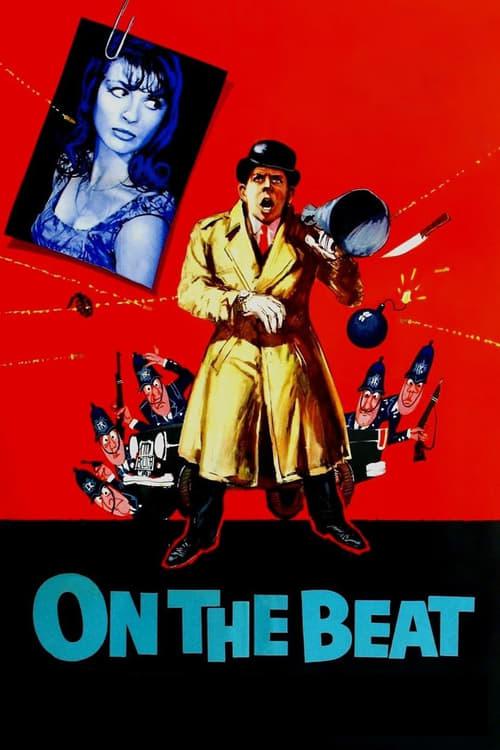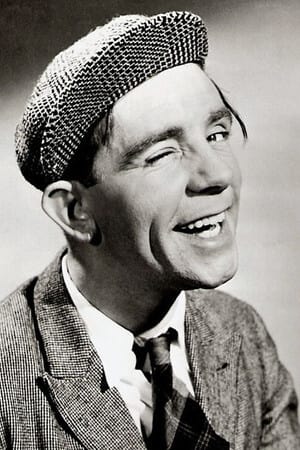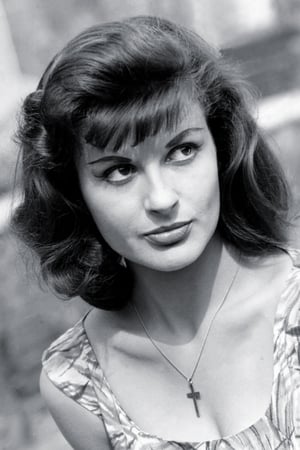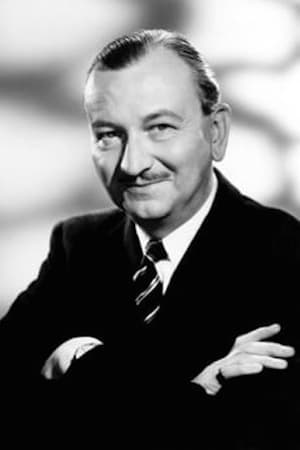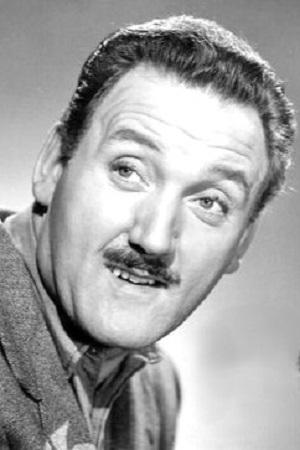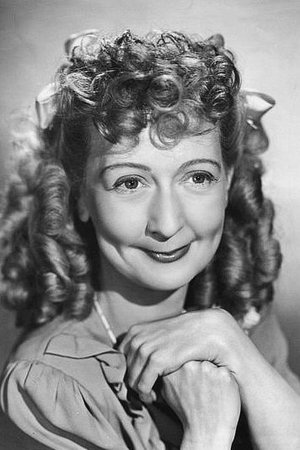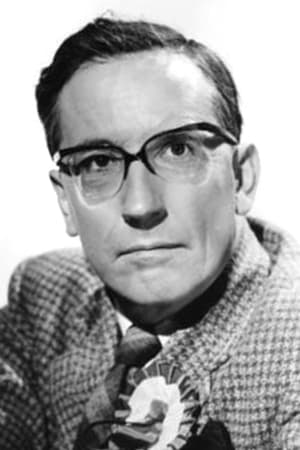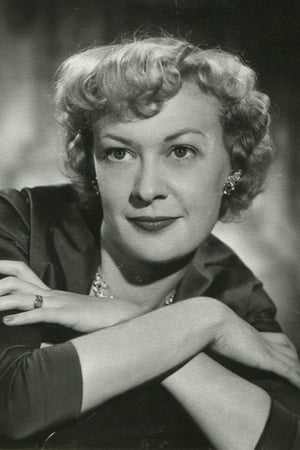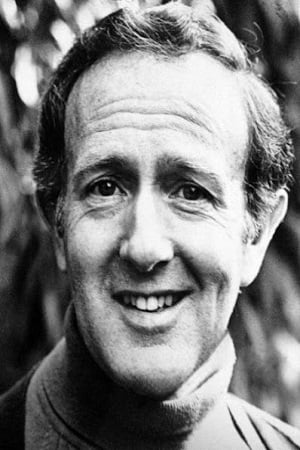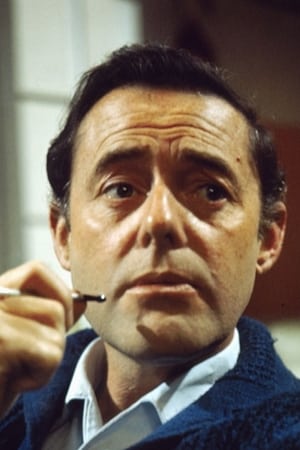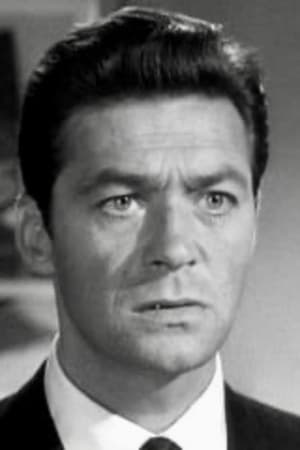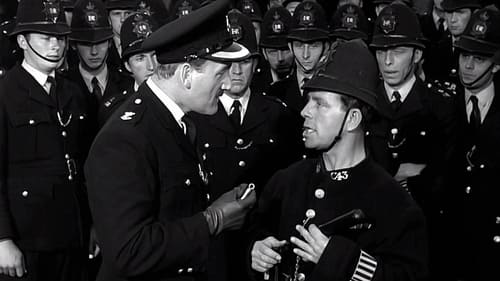
CinemaSerf
6
|
Mar 25, 2023
Sometimes I forget just how charismatic and talented Norman Wisdom was. I was never a fan of slapstick humour, but somehow he always manages to inject the tiniest elements of class - even sophistication - into his performances. Here, he delivers one of his better and harder-working efforts as "Pitkin"; son of a decorated police officer who, it had been deemed, is too short to serve in the constabulary himself - so he gets a job cleaning their cars! Now cue for a fun water fight; the Commissioner gets soaked and he gets fired. Luckily for him, though, the police are under huge pressure to apprehend a jewel thief whom they think is masquerading as an high-end hairdresser. Guess what? "Neopolitani" is the spitting image of "Pitkin" and so back he is drafted to infiltrate the salon and hopefully bring down this criminal kingpin. This benefits strongly from an established cast of film and theatre actors who are no strangers to comedy: Terence Alexander, the scene-stealing Esme Cannon, David Lodge and Raymond Huntley (whom I could swear I saw struggling to contain his smiles at times). "Pitkin" even manages to find himself a little love interest in "Rosanna" (Jennifer Jayne) and, of course, there's not the merest doubt that Scotland Yard will get their man. It's a bit too long, and there is a decent smidgeon of stereotyping going on - but I think it fair to remember it's all pretty harmless and representative of British humour in the early 1960s and taken in that spirit is a good example of a star leading an enjoyable enough ensemble effort on a trail of mischief and mayhem.
